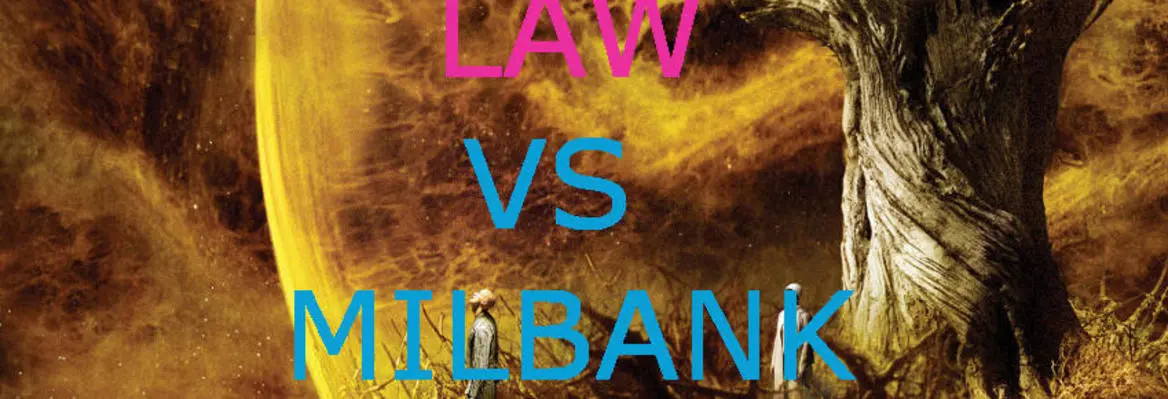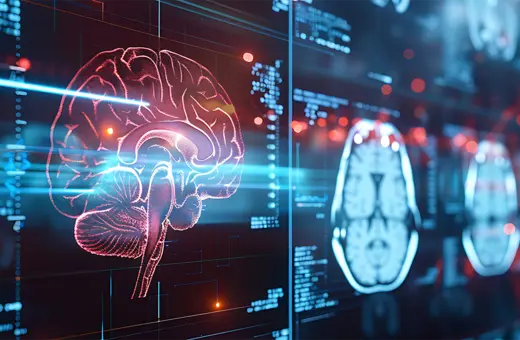Read part 2: Anglican theologian John Milbank's forthright response to Stephen Law.
Read part 3: Law argues that Milbank's defence of religion is little more than pseudo-profundity.
Read part 4: Milbank argues that, when it comes to metaphysics, paradox is inevitable.
Hegel said: “God does not offer himself up for observation”. Many of us seem to think that claims about gods, and other supernatural phenomena, are claims about what lies behind a sort of cosmic curtain or veil. On this side of the veil lies the empirically observable realm, the realm, we are told, that is the proper province of the empirical sciences. But there is a further realm beyond the veil – a realm of non-natural or supernatural beings and forces. This realm, many suppose, is off limits to science. Science cannot adjudicate on what, if anything, lies behind this cosmic divide. Scientists should show some humility, and acknowledge there are more things in heaven and earth than are dreamed of in their naturalist philosophies. They should certainly cease claiming, as Richard Dawkins does, that science constitutes a significant threat to reasonable belief in God.
So how can we establish what if anything is behind the veil? Some suppose some of us have the ability to see through the veil, if only dimly, and catch glimpses of what lies beyond. TV's Psychic Sally believes she can sense the presence of and communicate with your dead loved ones who have “passed over” to the other side. Many gurus and religious folk also claim to be able to discern this mysterious reality and provide us with tantalising glimpses of the beyond.
Of course, quite how some of us are able to know what “lies beyond” is somewhat mysterious. George Bush famously thought his “gut” functioned as a sort of sensus divinitatis or god-sense. And it was by means of his gut that he knew God wanted him to invade Iraq, which he did, despite the protestations of experts who warned him it would be a grave mistake. Others think their sense of the supernatural resides in their heart, and say, when asked how reason might support their belief, that, as Pascal put it, “the heart has its reasons of which reason knows nothing”.
As a philosopher, you won't be surprised to hear me say I acknowledge that there are questions that empirical science can't answer, at least not by itself. Moral questions appear to be one example. Science directly reveals only what is the case, not what ought to be the case. As Hume thought, we can't rationally squeeze an “ought” out of an “is”.
There are also conceptual questions and puzzles for which empirical methods of investigation seem to be neither required nor even appropriate. If someone claims there's a round square in the Brazilian jungle, mathematicians won't fund an expedition to find out. We can know, from the comfort of our armchairs, that there is no such thing out there, just by reflecting on the concepts circle and square.
Here's another conceptual puzzle: at a family gathering, a mother, father, son, daughter, niece, nephew, aunt, uncle, and cousin are present. Could there be just four people present? Intuitively you might think the answer is obvious: no. There just have to be more people than that. Yet a little armchair unpacking of the concepts of mother, father, etc. reveals that what might seem impossible is possible. On my view, philosophy is essentially conceptual in nature, which is why it can be done in armchairs.















Join the conversation